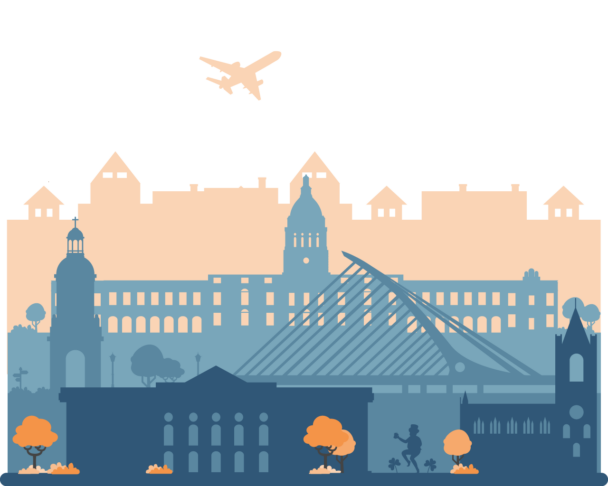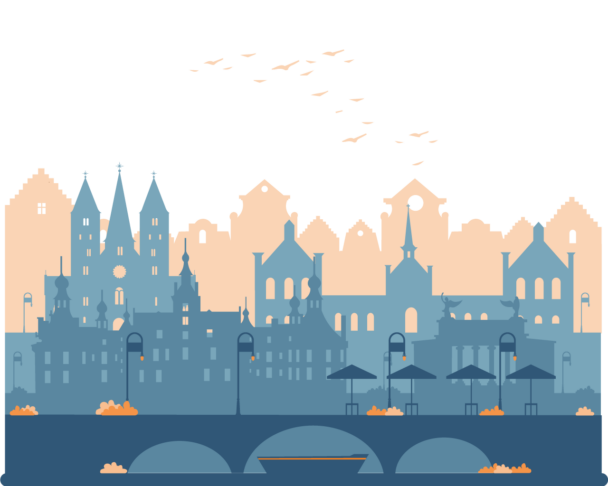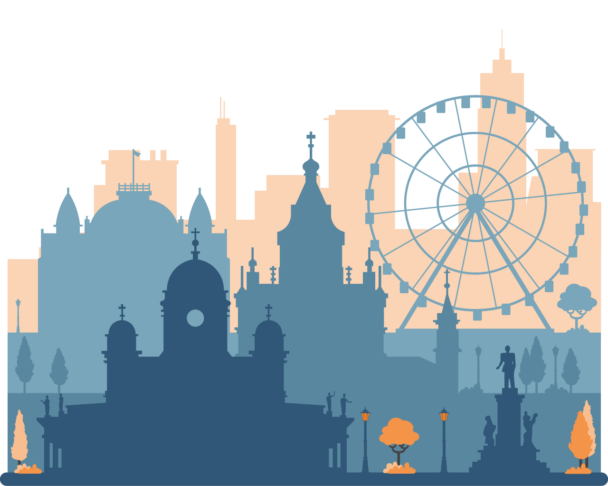Description
Global Education is a “creative approach to bringing about change in our society” (the Global Learning and Education Network, GLEN). It is a multidisciplinary approach to learning that conceives education from a wide perspective, and that presupposes the understanding that reality is made of closely interconnected complex systems.
It is based on universal values of tolerance, solidarity, equality, justice, and non-violence, and aims at fundamental goals such as the spread of critical thinking, media literacy, and active citizenship.
Through this course, you will gain a practical understanding of the basic principles of Global Education and will become able to include them in any curriculum of study.
You will be able to design educational activities based on its pillars, to raise awareness about global challenges (such as the root causes of poverty, the uneven distribution of resources, the nature of conflicts, the manipulation of information, and environmental degradation); to inspire critical thinking and the critical use of media; and to motivate students to become active, responsible global citizens.
The course is learner-centered, participatory, and experience-based. Its part on media literacy will include an analysis of different media sources and advertisements from around the world – i.e., deconstructing their message into basic components and understanding the agendas and the values that inspire them.
Participants will work in class to build positive counter-narratives to effectively contrast these messages.
What is included
Learning outcomes
Participants in the course will learn to:
- Identify basic principles and concepts of Global Education;
- Recognize how values are embedded in society and may change dynamically;
- Promote critical thinking and system thinking in their learners and themselves;
- Analyze and deconstruct news, media products, and narratives;
- Understand the potential of “memes” in spreading messages;
- Build defenses against “fake news” and propaganda;
- Construct positive alternatives (“counter-narratives”) instead of “anti-narratives”;
- Acknowledge how organizations can improve the effectiveness of their communication and campaigns.
Tentative schedule
Day 1 – Course introduction & setting goals
Course introduction
- Introduction to the course, the school, and the external week activities;
- Icebreaker activities.
Setting goals
- Identification of needs and goals for each participant and relevant populations;
- Presentations of participants, their schools, and the trainer.
Day 2 – Approaches to thinking
- Introduction to the pillars of Global Education;
- Tools for Critical thinking;
- Activities on Systems Thinking.
Day 3 – News and media
- Media Literacy: comparing the way stories are told through different media and different countries;
- Fake news and media manipulation: history and case studies;
- Understanding the narrative elements behind a story.
Day 4 – Narratives
- The elements of a narrative;
- Case study: deconstructing fake news;
- How values develop in Society based on S. Schwartz’s theory of Basic Human Values.
Day 5 – Counternarratives
- Constructing counter-narratives;
- Understanding and creating “Memes”.
Day 6 – Course Closure & cultural activities
- Course evaluation: round-up of acquired competencies, feedback, and discussion;
- Awarding of the course Certificate of Attendance;
- Excursion and other external cultural activities.







